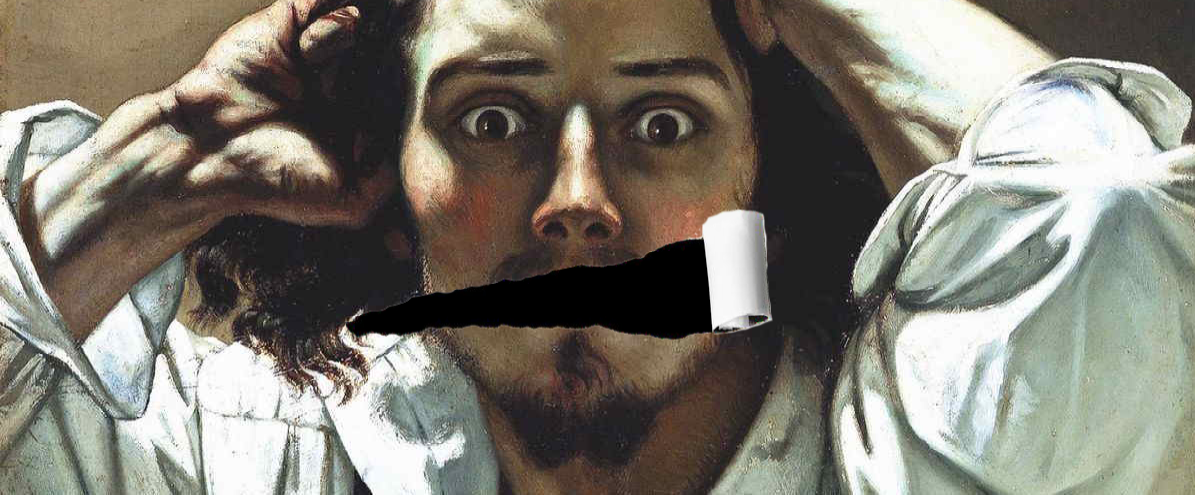Whose feeling is it anyway?
‘Whose line is it anyway?’ was one of my favourite shows as a teenager.
I would tune in every week on the small telly in my bedroom, captivated by the wit and dexterity of Paul Merton, Mike McShane and Josie Lawrence and others.
But at school the next day with my friends we just talked about a few of the funny bits. We never tried any of the games.
Isn’t that weird? As a kid I copied the things I loved and acted them out with friends. Like Monty Python’s Life of Brian which was virtually my second language. I could probably teach LOBSL. And I wish I had discovered improvisation 20 or more years ago!
Fast forward 20 or so years...
As someone who teaches improvisation now I get frustrated by the legacy of Whose Line. Not the actors or the show. Let me explain...
When people ask what I do (and I reply truthfully) they usually say “Oh, I could never do that!” because they believe that to improvise you have to be fast, funny and clever.
And that stuff just gets in the way.
So why do people have this disempowering view of improvisation when it can be such an empowering human experience?
Now I’m not laying all this at the door of a TV show from the late 80s. It's just that the show name is a killer meme. It's in the culture.
Whose
Line Is It Anyway?
The focus on the lines freaks people out, and the answer becomes “Whose line? Not mine.”
Placing the emphasis on whose line it is (and it had better be a good one, right?) inverts our natural pattern of communication which is roughly 55% body language, 38% vocal tone and 7% words. No wonder it sends people running for the hills.
So here’s the good news. Improvisation follow the natural pattern and words and ideas are only 7% of the content.
Sure a great line will get a laugh, but what our tender-loving mammal brains really love is making sense of relationships and all their absurdities, feelings, frustrations and joys.
Perhaps the show should have been called ‘Whose
feeling is it anyway?’. OK, that’s a terrible idea and the show would never have been made. But feelings are at the root of all this - we like watching human beings being human.
So here’s a practical way of proving this for yourself with a co-conspirator.
There’s an improvisational game you can play where the lines are replaced with numbers one to twenty one. No need for sophisticated dialogue - you just say one number when it’s your turn to speak.
It goes like this:
Player A - ‘One’ (frowning and jabbing a finger)
Player B - ‘Two’ (shrugs it off)
Player A - ‘Three’ (looks infuriated)
The exchange of body language and vocal tone is full of meaning, and there will be a surprising amount of honesty and directness about it. The lines simply don’t matter.
This kind of interaction is compelling to watch because we ‘read’ the body language so well. We understand all the subtle shifts of status and emotion that rise and fall with body position, eye contact and vocal tone. It is genuinely captivating and often hilarious.
That’s what I love about improvisation. We can all do it.
But we believe the lie that only special people can entertain us. That only special people are worth listening to. That our lines aren't good enough.
Get my newsletter
It's about being half a shade braver and making human connections at work.
Comes out every few months.
Thank you!
Oops, there was an error. Please try again.

